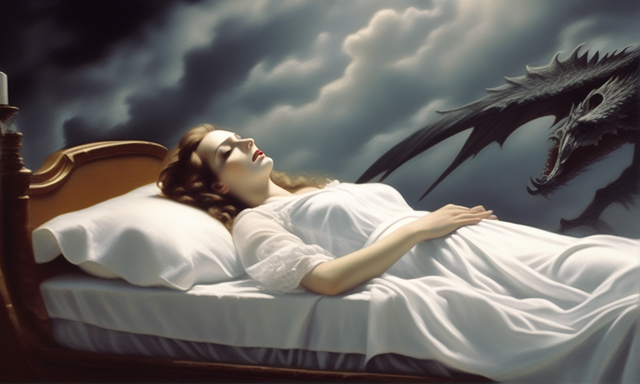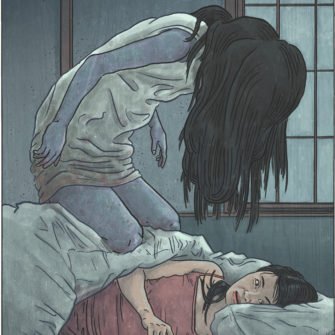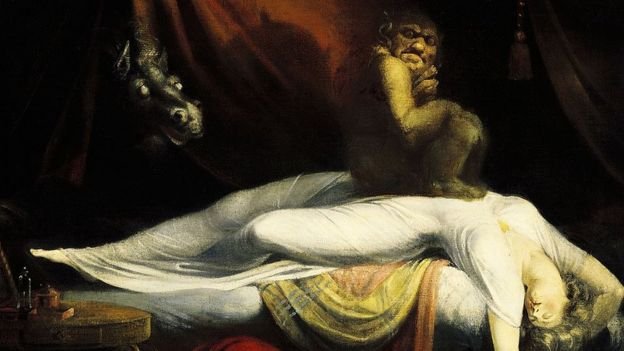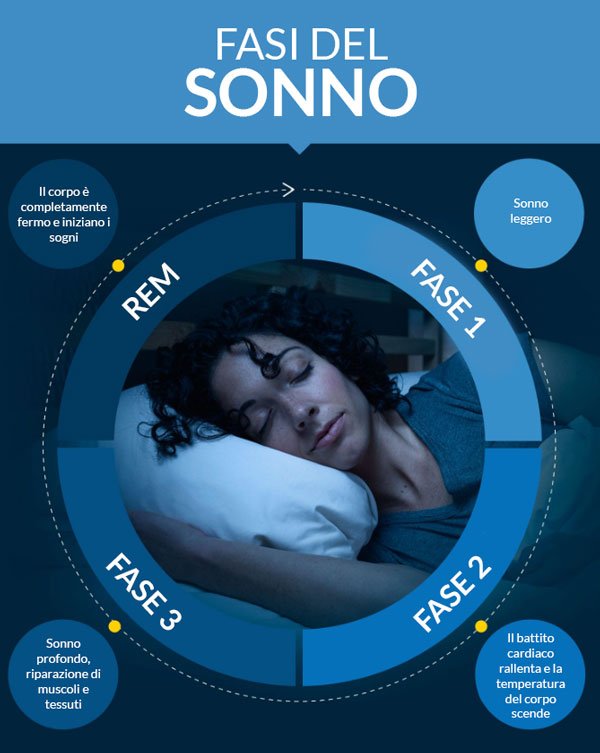Sleep paralysis, a state you don't want to experience.
Sleep paralysis, a state you don't want to experience..

Luckily, I have never had a "death rise", because, although I now know what it is, experiencing it must be another level. On Instagram, I asked my followers in a story if they had ever experienced sleep paralysis and too much sleep. People answered yes, some even told me their techniques to get out of paralysis.
The expression “the dead man got up to me” is quite common in Latin America, although if your country calls it something else I would like to know (write it in the comments), but since it is a phenomenon that happens to humans of all Places in the world have different names and even different traditional explanations that reflect their culture, for example, in Japan it is called kanashibari, which means metal ties or chains and is attributed to the possession of your body by an animal spirit. which can be a dog or inugami, a fox or kitsune, a tanuki, a type of Japanese canine that looks like a raccoon, or a sashiki warashi, which are spirits of children who play pranks and actually represent prosperity.
I was surprised that in Japan where they are great at scary stories and legends, such a creepy experience does not have an evil connotation, in China it is believed that a ghost visits you, in Egypt they believe it is a jinn or evil genius, in Germany they call it “Hexen gehen vorbei” which means witches passing, in Italy they call “Panda feche” to the entity that sits on top of you that could be a witch or a cat (tell me if it's true), in Iran they call the presence “Cabus” sitting on your chest, in Thailand they call the phenomenon “fium” which means enveloped by a spirit.
And in Saint Lucia, a little island in the Caribbean they call it “cocma” which means “the attack of the dead Spirits of unbaptized babies that climb up to squeeze your neck” so I give them the first place for the most terrifying interpretation of all.
When we are asleep we experience dream phases, the difference between deep sleep and Rem sleep is that the wakefulness centers, which put our senses to work, are activated even if we are asleep, if we measure the activity of our cortex when we are in Rem sleep. It is very similar to when we are awake, that is, we are having vivid, visual, auditory, tactile and olfactory experiences, although we are not receiving those stimuli through the corresponding sensory organs, you can imagine what is happening. Exact!!.
0
0
0.000
0 comments



